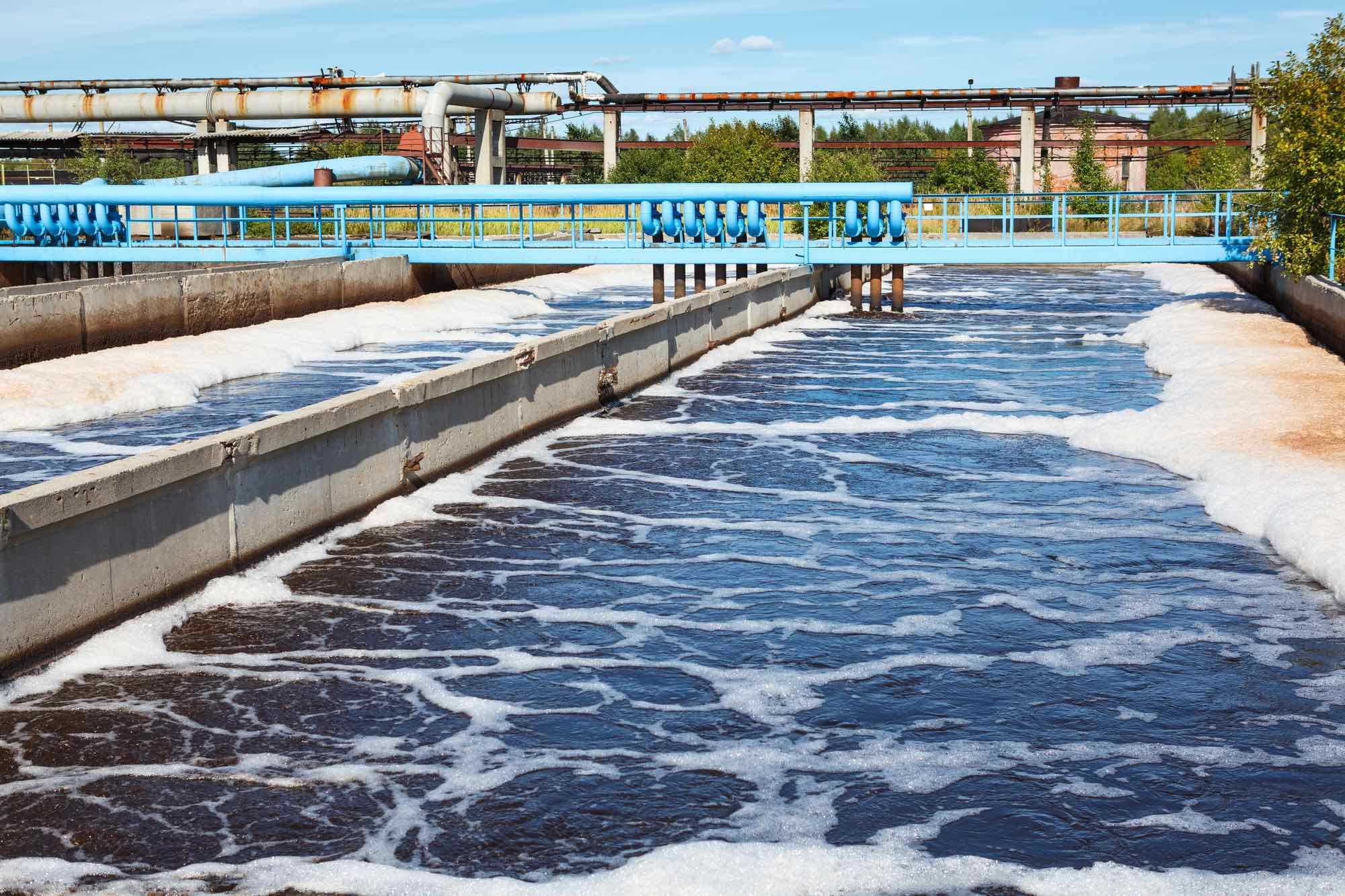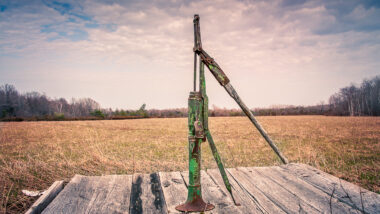Top Class Actions’s website and social media posts use affiliate links. If you make a purchase using such links, we may receive a commission, but it will not result in any additional charges to you. Please review our Affiliate Link Disclosure for more information.
A Manitoba class action lawsuit worth over $2 billion can now go forward, allowing First Nations across the country to push the government to provide them with clean drinking water after years of drinking water advisories on reserves.
The drinking water advisory class action lawsuit was filed in 2019 by McCarthy Tétrault. The class action lawsuit seeks to advance the rights and well-being of First Nations communities by obtaining compensation for individuals and communities that have suffered from a lack of reliable access to clean water. The drinking water advisory class action lawsuit is also seeking a declaration that the federal government has an ongoing responsibility to work with First Nations to provide access to clean water. This includes requiring the federal government to construct and fund appropriate water systems for First Nations communities.
The drinking water advisory class action lawsuit includes all members of First Nations whose communities were subject to a drinking water advisory, including a boil water advisory, do not consume advisory, or do not use advisory, lasting at least one year from November 8, 1995 to the present.
Drinking Water Advisories Across Canada
The lead plaintiff in the drinking water advisory class action lawsuit, Tataskweyak Cree Nation Chief Doreen Spence, alleges the government violated the rights of many First Nations people for decades by failing to provide them with safe drinking water.
“Although Canada was advised of the devastating human consequences of these failures, its response to this human catastrophe was — and continues to be — a toxic mixture of inertia and incompetence,” the drinking water advisory class action lawsuit says.
As of February 2020, there are 61 long-term drinking water advisories in effect across Canada. Some First Nations communities, like the Neskantaga First Nation in Northern Ontario, have been under a boil-water advisory for over 20 years. Numerous human rights and First Nations advocacy groups allege that Canada’s “blind eye” to the Aboriginal water crisis violates fundamental human rights.
Indeed, Canada’s treatment of First Nations communities in the past has not been exemplar, to say the least. However, as the federal government attempts to remedy past wrongs, whether through residential or day school settlements or improving the First Nations child care system, taking steps to ensure safe drinking water on reserves is crucial and long overdue.
Michael Rosenberg, a partner at McCarthy Tétrault and the lead lawyer in the drinking water advisory class action lawsuit, said the Court’s certification is an “important day for class members,” because they now “have a chance to seek justice on the merits of their claims.”

The drinking water advisory class action lawsuit seeks $1 billion in damages for Charter rights violations, $1 billion for negligence and breach of fiduciary duty, and $100 million in punitive damages.
Unsafe Drinking Water: A Dangerous “Poison”
Tataskweyak’s first water treatment plant was built in 1959, with a larger plant built in 1987. The newer plant remains operational today.
According to the drinking water advisory class action lawsuit, the water treatment plant has been plagued by problems due to its original construction. Allegedly, the plant cannot deal with the water quality in the lake, which has significantly deteriorated with increasing populations downstream and recent floods.
The Tataskweyak Cree Nation has been under an official long-term boil water advisory since 2017. Additionally, reserve residents are advised to avoid swimming in the water, and children develop rashes after bathing in tap water.
“Traditionally, water is a powerful medicine for the Cree people, but the members of Tataskweyak Cree Nation now consider their water to be poison,” says the drinking water advisory class action lawsuit.
The northern Manitoba reserve has officially been under an official boil water advisory since 2017. Tataskweyak, about 700 kilometres north of Winnipeg, is one of three First Nations in Manitoba currently under long-term boil water advisories, along with Wuskwi Sipihk First Nation in northwestern Manitoba and Shamattawa in northern Manitoba.
In 2015, the federal Liberals ran on a campaign promising to have all boil-water advisories lifted by March 2021.
“Class members are now counting on the federal government to follow through on that commitment by ensuring that reserve communities have access to clean drinking water, and by paying compensation for the undue hardships that class members have endured,” reads McCarthy Tétrault’s statement.
Do you, or someone you know, live on a reserve without safe drinking water? Do you think the drinking water advisory class action lawsuit will help? Share your thoughts with us in the comments below!
The lead plaintiff and Class Members are represented by McCarthy Tétrault.
ATTORNEY ADVERTISING
Top Class Actions is a Proud Member of the American Bar Association
LEGAL INFORMATION IS NOT LEGAL ADVICE
Top Class Actions Legal Statement
©2008 – 2024 Top Class Actions® LLC
Various Trademarks held by their respective owners
This website is not intended for viewing or usage by European Union citizens.

















